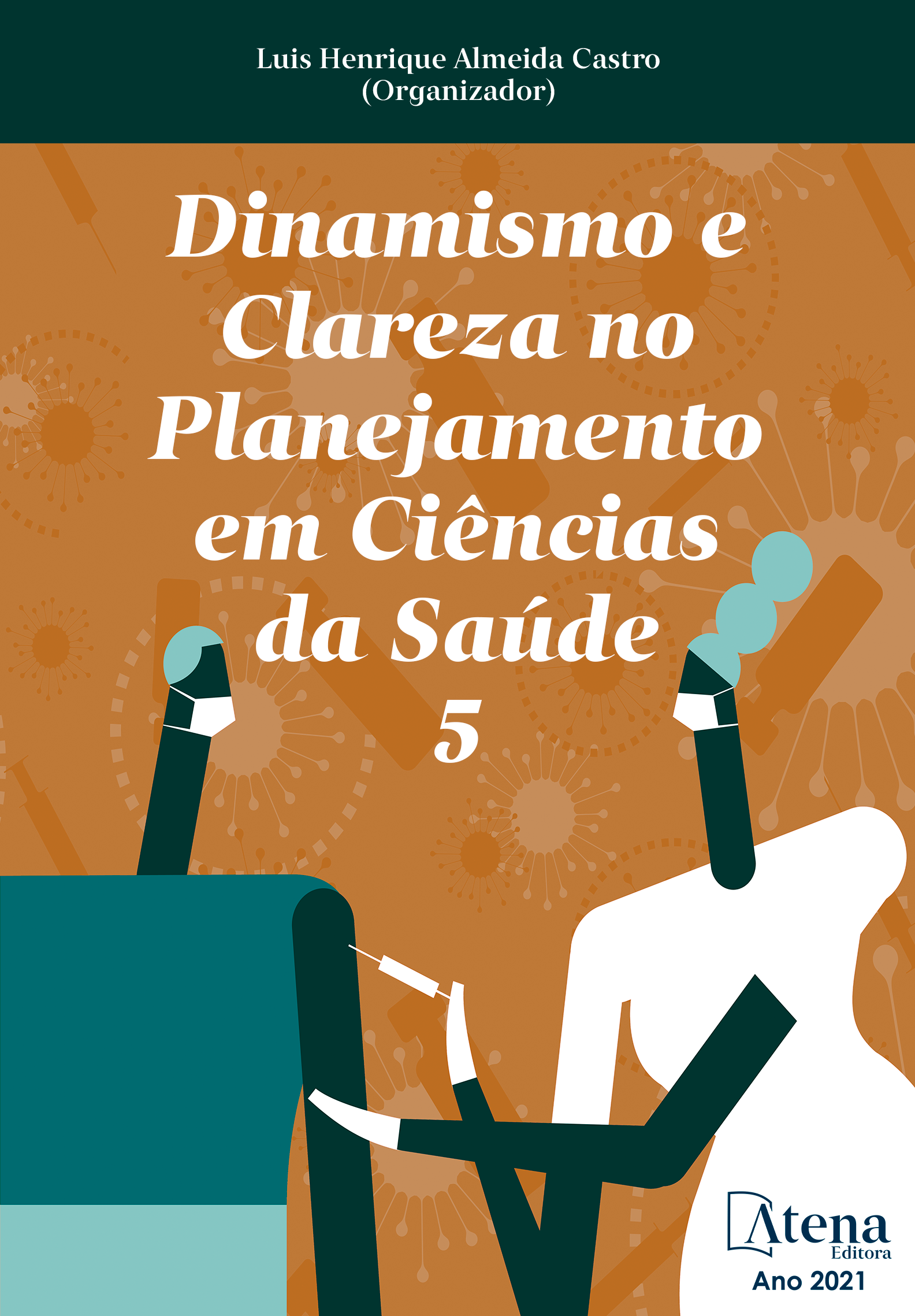
PROMOÇÃO DA SAÚDE DO HOMEM
Os homens não fazem parte das populações usualmente assistidas nos serviços de atenção básica à saúde. Geralmente usam os serviços de saúde em situações de emergência, ou em serviço especializado para tratar uma doença já instalada. Porém, a importância da acessibilidade aos serviços de atenção primária como condicionante à menor vulnerabilidade ao adoecimento é reconhecida mundialmente. Esta pesquisa procurou entender quais fatores estão ligados à evasão masculina dos serviços de atenção primária, bem como quais medidas podem ser tomadas no sentido de provocar nesses homens a intenção de cuidar da própria saúde. Por meio da revisão integrativa da literatura foram analisados os estudos publicados de 2011 a 2020 em língua portuguesa, inglesa e espanhola, a fim de apresentar as principais informações obtidas, foram organizados através de tabela e posteriormente discutidos. Diferentes estudos relatam a questão da falta de tempo, desconhecimento dos serviços prestados pelos serviços de saúde e até mesmo a vergonha de falar sobre o assunto, além de fatores culturais e institucionais, tais como os serviços de saúde serem majoritariamente femininos e horário de funcionamento incompatível com o horário de trabalho. Foi possível constatar que os estudos relatam problemas muito semelhantes entre si, sendo estes constatados desde a implantação da Política Nacional de Atenção integral à saúde do homem, portanto, poderiam ter sido resolvidos ou ao menos minimizados, entretanto, se mantêm de forma sistêmica. Conclui-se que, caso estas barreiras não sejam derrubadas, através de maiores recursos materiais e humanos, os homens se manterão afastados da atenção primária, continuando a buscar atendimento nos demais níveis de atendimento.
PROMOÇÃO DA SAÚDE DO HOMEM
-
DOI: 10.22533/at.ed.3632109047
-
Palavras-chave: Saúde do homem, Atenção Primária à Saúde. Políticas Públicas.
-
Keywords: : Men's health, Primary Health Care. Public Policies.
-
Abstract:
Men are not part of the populations usually assisted in primary health care services. They generally use health services in emergency situations, or in a specialized service to treat an already established disease. However, the importance of accessibility to primary care services as a condition for less vulnerability to illness is recognized worldwide. In this way, this research seeks to understand what factors are linked to male evasion from primary care services, as well as what measures can be taken in order to provoke in these men the intention to take care of their own health. In the present study, the integrative literature review was selected as the method. Studies published in Portuguese, English and Spanish were analyzed. The selected studies were analyzed in detail, critically and, in order to present the main information obtained, they were organized through a table and later discussed. Different studies reported the issue of lack of time. ignorance of the services provided by the health services and even the shame of talking about the subject, in addition to factors such as, for example, the health services are mostly female, that these services do not have a broader view of men's health, time functioning of primary care services. Conclusions: It was possible to verify that the studies report very similar problems, which have been observed since the implementation of PNAISH and, therefore, could have been resolved or at least minimized over the years, but which remain in a systemic manner. It is concluded that, if these barriers are not broken down, through greater material and human resources, men will stay away from primary care, continuing to seek care at other levels of care, even if they are willing to do so, due to the lack of services targeted at them.
-
Número de páginas: 17
- MARISTELA DALBELLO-ARAUJO
- FERNANDO MARCOS VIEIRA DUARTE


